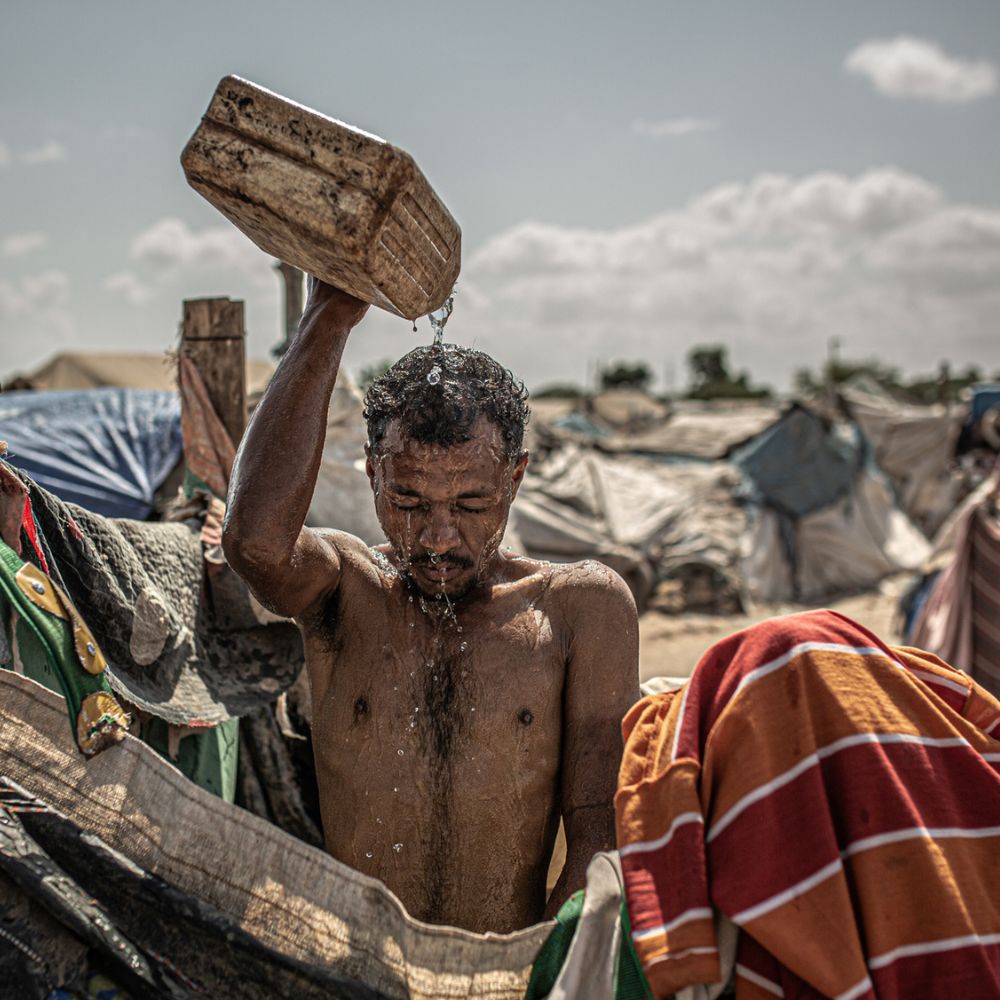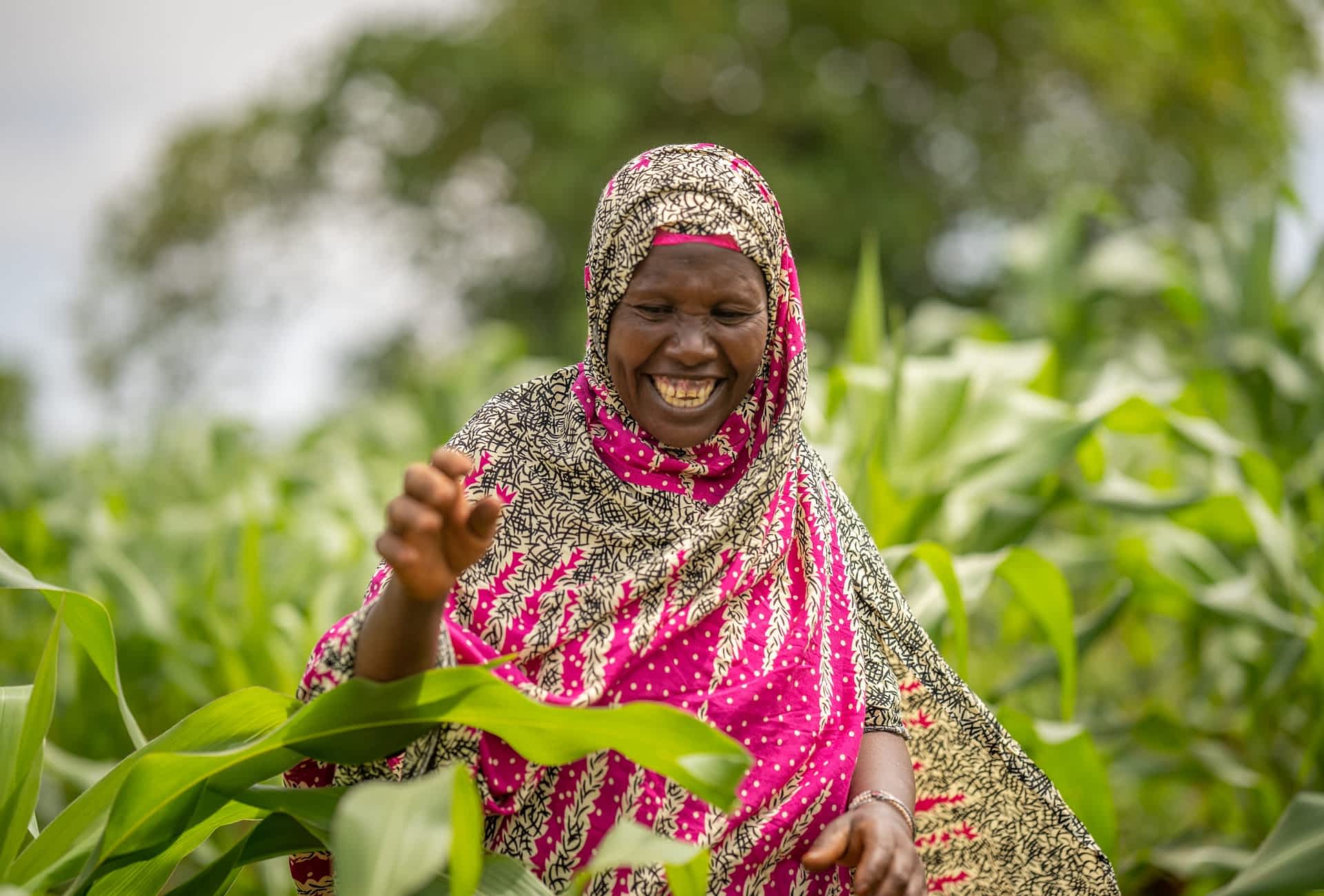Our work in Uganda
We support the many refugees, who have fled South Sudan and Democratic Republic of Congo due to continued armed conflict and poverty, as well as the marginalized host communities welcoming refugees to become self sufficient and co-exist peacefully.
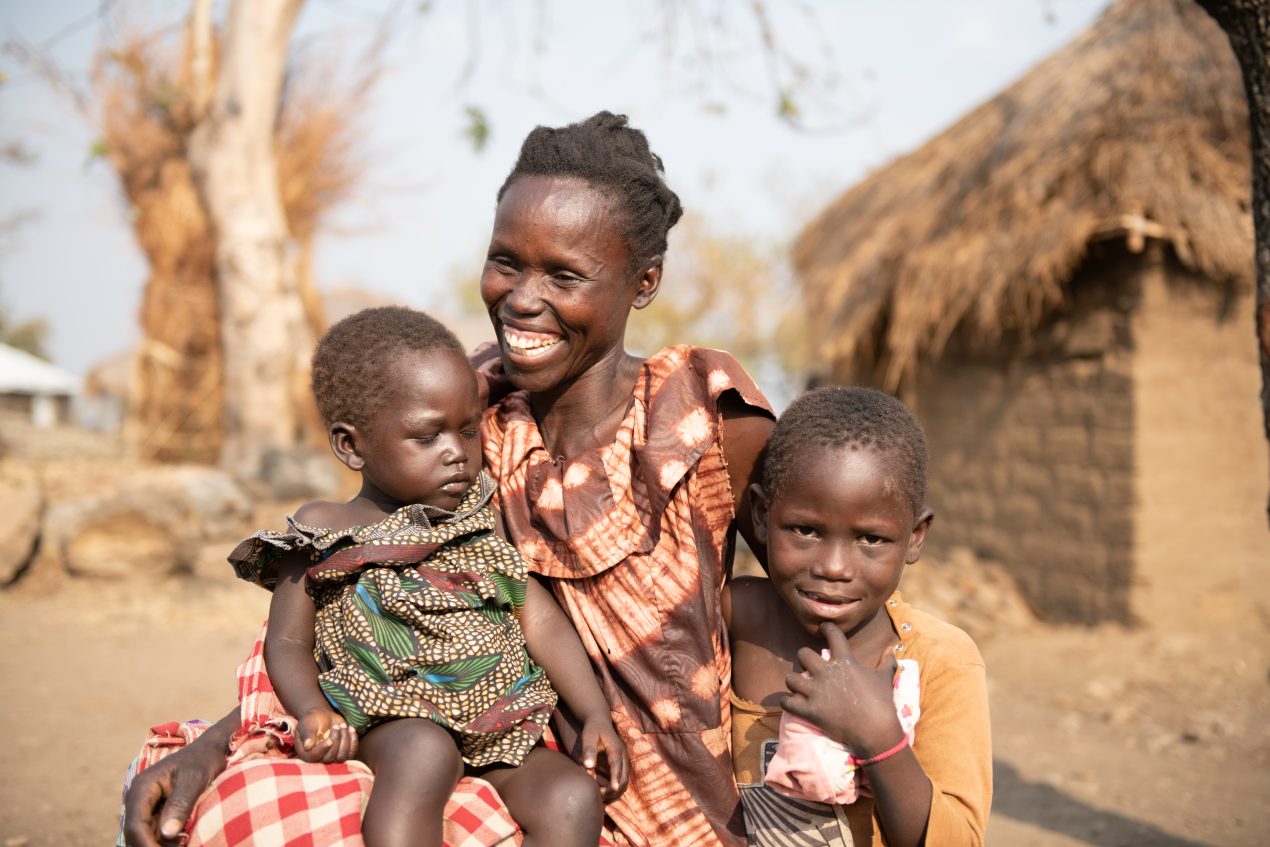
24 Budget Committees
are supported to hold local governments to account.
800 farmers
supported with green agricultural skills.
500 young people
graduate from vocational training on green skills.
3 round tables
held on peace and climate change.
Often referred to as the Pearl of Africa for its breathtaking landscapes, warm people, and rich biodiversity, Uganda is a country of beauty and resilience. Yet, the climate crisis, increasing pressure on natural resources, and unequal access to land — challenges that disproportionately affect women — are placing growing strain on its fertile land.
While Uganda is considered politically stable, concerns are mounting over shrinking civic space and tighter legal restrictions.
Supporting Refugees and Strengthening Communities in Uganda
In collaboration with our partners, we support refugees — particularly youth and women — with both immediate humanitarian aid and sustainable, long-term solutions. We provide green livelihood opportunities through vocational training and agricultural skills development, enabling people to form cooperative groups for mutual support and collective growth. Strengthening the link between farmers and markets is a central part of our work, ensuring that livelihoods are not only restored but also viable in the long run.
We also engage with teachers to enhance the quality of education, creating lasting improvements in Uganda’s education system and giving young people the tools they need to shape their own futures.
Agriculture is important in our country and it is already being badly affected. If we start really acting now we can reach targets for keeping global warming under 1.5°C otherwise the signs are bad. It is a global crisis and anything that happens to Africa is likely to affect other nations in some way. We need leaders to turn their words into action.
Patience Nabukalu
Youth Climate Activist in Uganda and member of Fridays for Future
Our goals in Uganda
- Support democratic and gender just governance practices at local level which holds government institutions to account whilst ensuring the inclusion of refugees and women.
- Build resilience of women and youth through empowerment and provision of vocational training and livelihood options which enable green and sustainable livelihoods combined with strengthening of the education system related to quality teaching.
- Give a voice to the most marginalized people such as refugees, women and youth and support them to take up leadership position as a mean to support social cohesion and peaceful co-existence.
- Support local communities and local and national government to address climate related challenges at community and national level to mitigate and adapt to the effects of the climate crisis.
No justice without gender justice
Gender equality and women’s rights issues are still major concerns in Uganda where physical and sexual violence against women, early marriage and teenage pregnancies are common issues and women are not afforded the same decision making power as men.
Through empowerment and female leadership training the project supports the engagement and agency of females domestically and in public spaces.
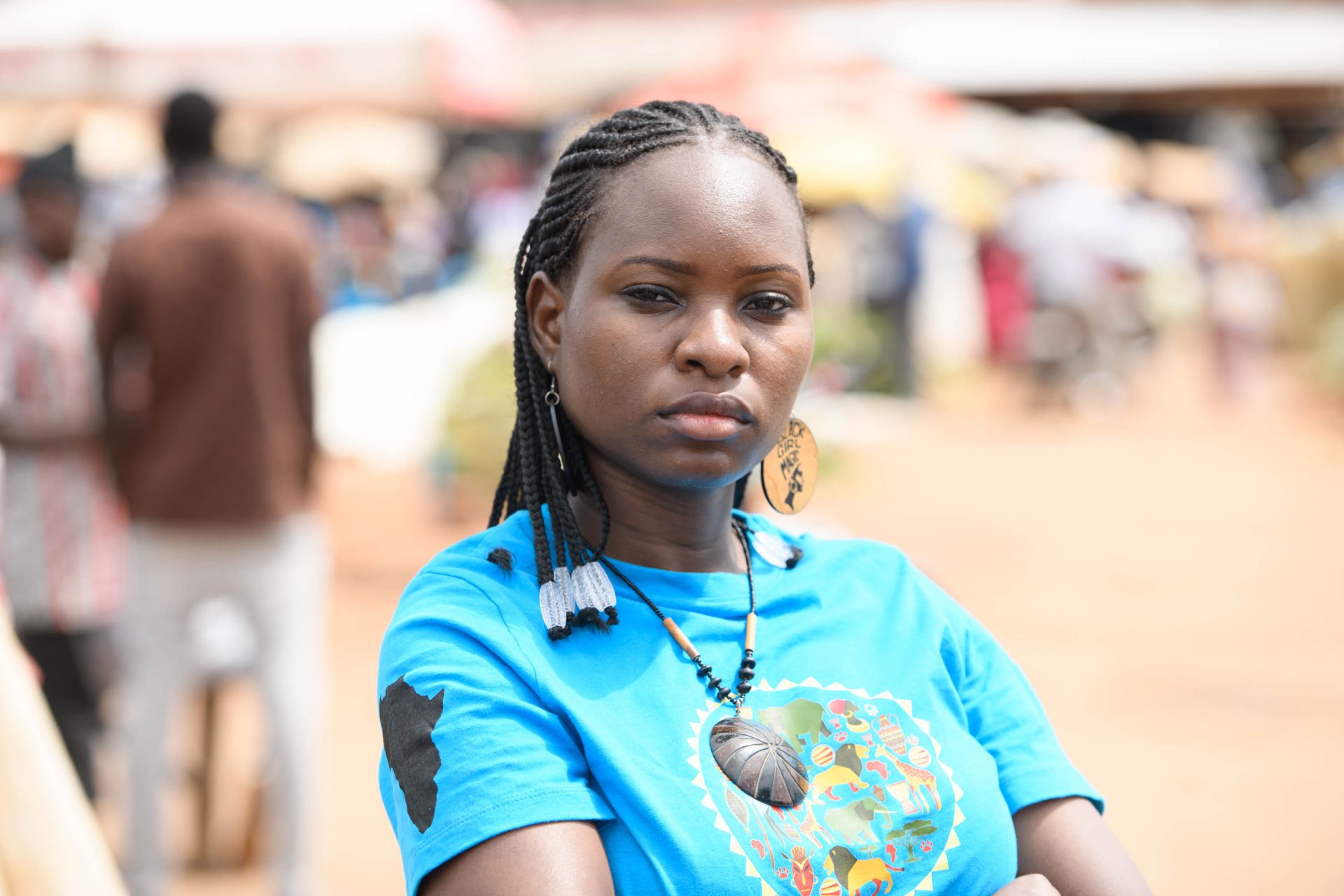
Photo: Emmanuel Museruka/Oxfam
Through our governance work we support human rigths activist and engage local communities in the democratic decision making processes at local level. This helps ensure transparent decision making processes and strengthens the systems which allows for a healthy democratic dialogue and where government is held to account.
Within these processes we ensure the inclusion of women and refugees and therefore help provide a voice to those often not heard. Through our influencing work at district and national level the rights of women, youth, refugees are carried forward and the green agenda tabled.
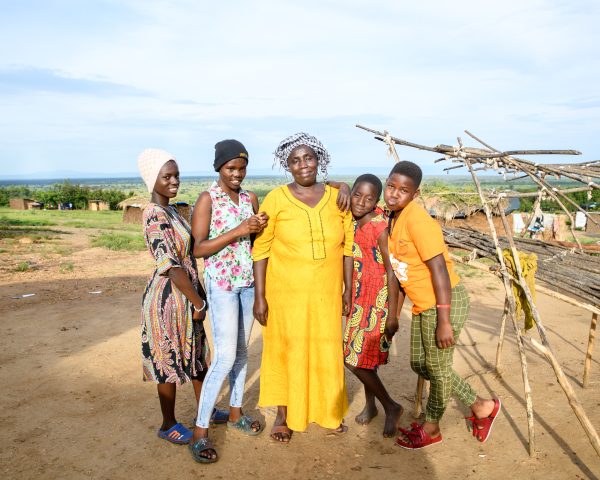
Photo: Emmanuel Museruka/Oxfam
Support Our Work for Equality and Justice
You can support Oxfam Denmark’s work in Uganda and other countries by donating to our efforts.
Facts about Uganda
- Uganda welcomes refugees and is now the top refugee hosting country in Africa, currently hosting more than 1.5 million refugees.
- More than 900,000 of the refugees live in the West Nile Region which thereby hosts the biggest share of refugees in Uganda.
- Uganda faced the longest COVID 19 related school closure in the world with schools closed for almost 2 years. As a result the country experienced a 17% spike in teenage pregnancies.
- Over 90% of households in Uganda and the sub-Saharan region use firewood and charcoal. This creates social and environmental hazards for people and their communities.
- 42% of the population live below the international poverty line.
- In Uganda 34.9% of seats in parliament were held by women.
